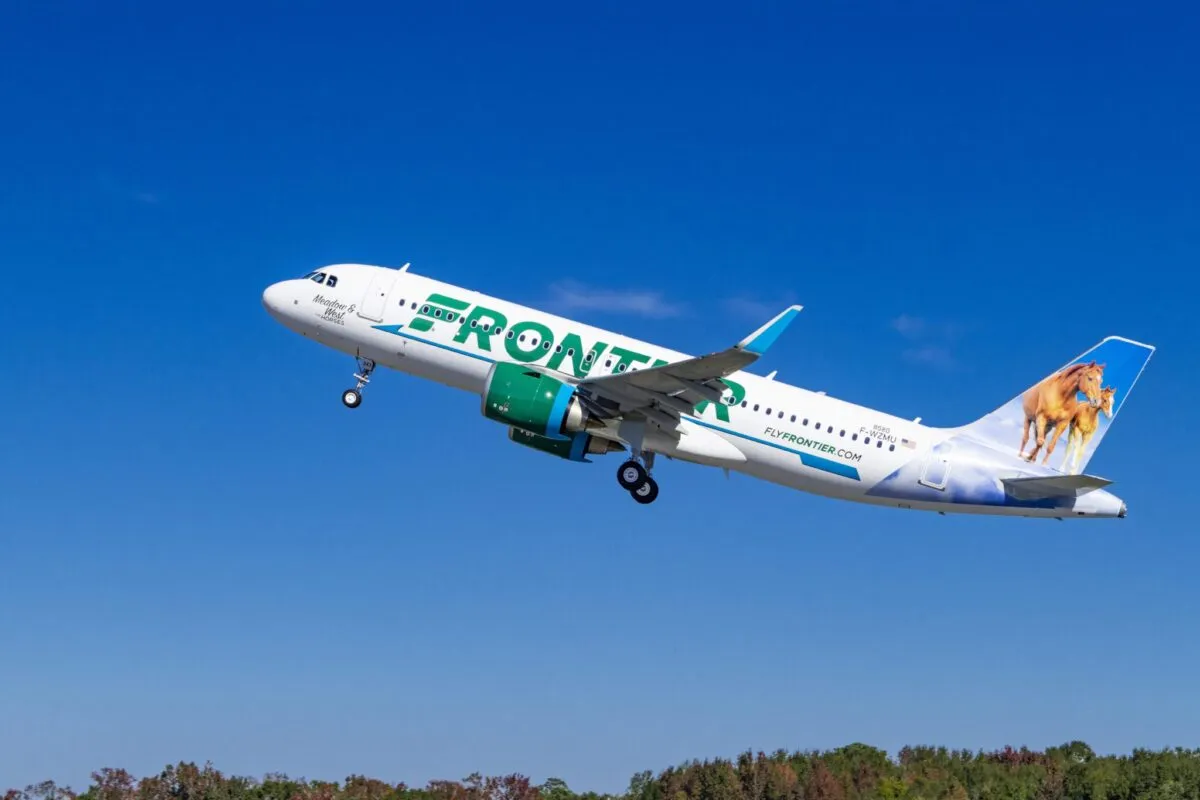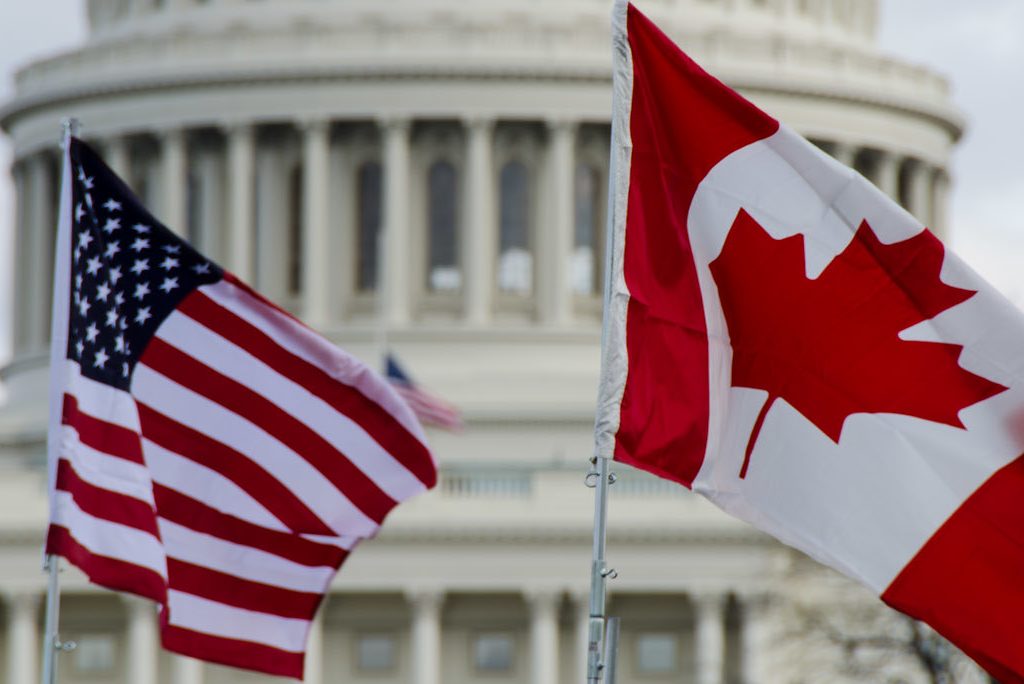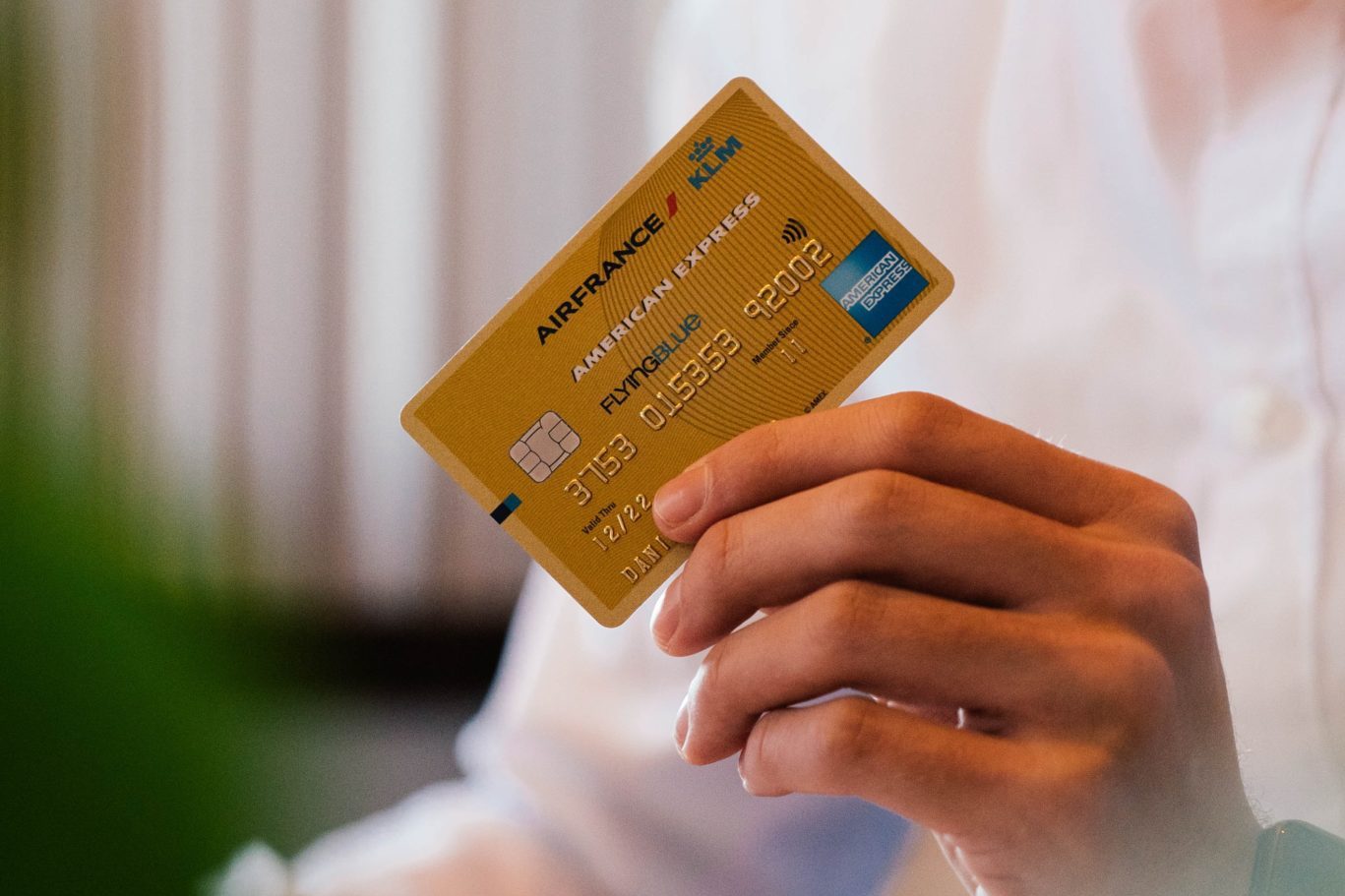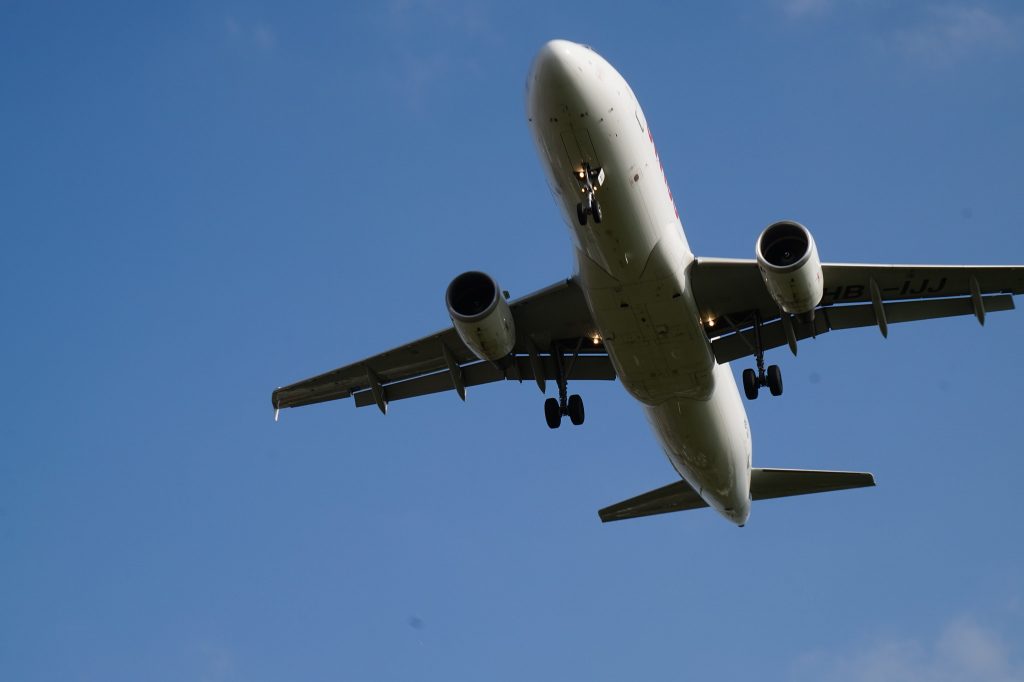Full Video: IHG CEO at Skift Global Forum 2022
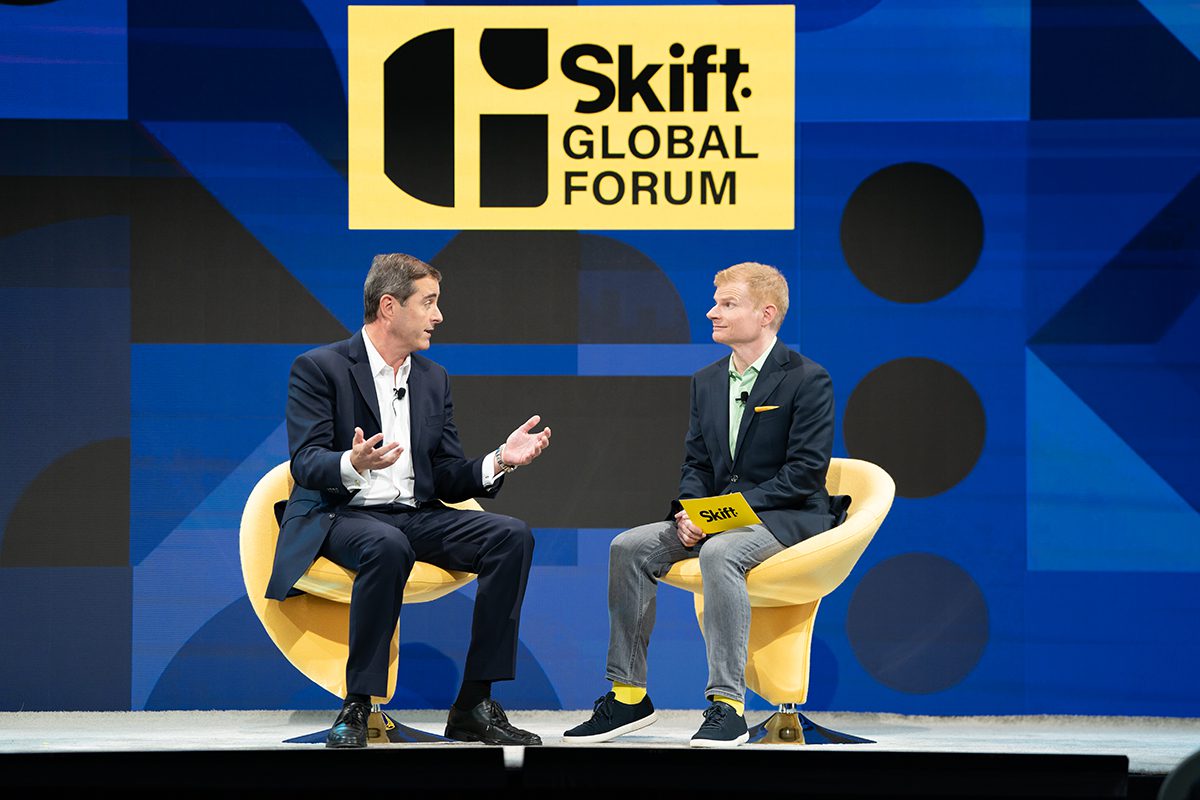
Skift Take
InterContinental Hotels Group (IHG) CEO Keith Barr came in ready to go in his on-stage conversation with Skift Senior Hospitality Editor Sean O'Neill at Skift Global Forum. IHG's apparent headwinds include the disruption from the ongoing lockdowns in China and inflation and the labor shortage in Europe and the U.S. By rejecting the "one size fits all approach" and letting regional and local teams solve challenges as they see fit, the global hotel brand is ready to take on challenges like the energy crisis in Europe, he said.
Barr also talked about the the recent hacker attack, market conditions, IHG's loyalty refresh, hotel infrastructure and technology investments, the IHG brand's evolution, and sustainability initiatives.
Watch and read the transcript for this all-encompassing conversation.
Keith Barr: Alright. The chair.
Sean O'Neill: Thanks for joining us, Keith.
Barr: Thanks for being here, and I will hope that Tony agrees with everything I say.
O'Neill: I thought we'd start this conversation with an operational update first, and then move on to the strategic journey that you've been on since 2017, since you've been CEO, and then move to one or two big picture questions, and some audience questions, if people in the audience put their questions in the app. Does that sound like a good plan?
Barr: Sounds like a good plan.
O'Neill: Okay. Are you seeing any pullback in demand for the rest of the year?
Barr: The answer is no. I have to remind everyone that the stock market isn't necessarily the economy. Every day. No, we had a great first half, and we saw a sequential improvement, month by month, as it went on. Again, it varies around the world, clearly. The America's, incredibly strong, business demand, leisure demand, groups, meetings, events, keeps getting better. Europe's had a fantastic summer, lots of Americans in Europe, given where the pound and the euro has been. It was amazing to see that over in Paris and London. Middle East has been reasonably consistent, and Asia is beginning to open up, so Thailand is lifting restrictions, Japan is looking at opening up to more travelers, Australian, New Zealand too. Clearly, strongest in the Americas, great into Europe, and again, recovering the rest of the world, but a really strong first half.
O'Neill: Fantastic, reassuring. Barry Diller was speaking with us earlier today, and he thought that the average daily rates that hotels enjoyed in the second quarter aren't long term sustainable. What is your view? Well, that's seasonally adjusted, of course.
Barr: Yeah, Barry is a really smart guy, but I think I'm probably going to disagree with Barry. I think this industry has gotten very, very smart about pricing. If you remember, during the beginning of the pandemic, everyone was saying that average rates are going to fall materially, and it's going to take five years to claw those rates back. We completely disproved that. We saw that rates have gone up. Our leisure rates in the Americas are up 16 percent, year over year versus 2019. Again, really strong demand there. Our corporate rates are up about 6 percent as well too, and so those are going to be sustainable. The industry is very, very disciplined in saying, we have a level of demand, we're still seeing sequential recovery, and we think that those rates are going to be maintained. Now, the caveat here clearly is if there's a big, deep global recession, which no one knows that could impact things, but assuming that the economy is generally healthy, we think that rates will be maintained.
O'Neill: There has been a structural shift, so compared with five years ago, IHG is much better at pricing discipline and extracting optimal rate from the market, and that is a long term tailwind. Is that right?
Barr: Yeah, absolutely. It's leveraging technology and data and analytics, as we were talking about back in the green room.
O'Neill: Right.
Barr: We just did a new demand forecasting model, which leverages next generation AI, and it's looking at the historical performance of the hotel in the market, what we're seeing from demand, but it's also pulling in third party data now, so what's actually happening out with your competitors in terms of pricing. Are there special events happening in the marketplace? Over time, we'll put more and more third party data into that so it gets smarter and smarter and helps our hotels price more effectively.
O'Neill: Cool. One of your partners, Amadeus, you've switched over to the central reservation system, it's very interesting. I'm wondering, during the pandemic, a lot of hotels got kind of beat up because hotel owners were not doing their property investment plans. What is IHG doing about it for the ones that are in your network?
Barr: Yeah, I'm really excited about where we're at, without question, you're right. I mean, the hotels were really challenged in this industry to be able to complete renovations and do maintenance and repairs during Covid. We gave some flexibility during that timeframe because we wanted to be a good partner with our owners. We're networking with them about how do we re-accelerate property improvement plans, re-accelerate renovations. In fact, I had an executive committee meeting this morning virtually, and we spent an hour talking about the quality of the estate, where we are in renovation plans, where we are in brand standards, and just continuing to move it forward because demand has come back. We're charging a lot, and customer's expectations are quite high. We have to make sure we're delivering a great experience again, and working through that to make sure that we're reinvesting back into the business to maintain a healthy, great experience for our customers.
O'Neill: Is it more of a carrot or a stick approach with the owners?
Barr: It's a little bit of both. I think that we were, during the pandemic, we had to be, and were, very flexible. We were saying, "I don't expect you to renovate your hotel right now. We're going to delay that." Think about what we did with Holiday Inn and Crowne Plaza. Many of you know that we did a comprehensive review in 2021, and took out 151 hotels around the world, principally in the US, because they couldn't meet our quality standards. Now that means that in the US, three quarters of the Crown Plaza brand is either renovated or about to be renovated, and two thirds of the Holiday Inn brand is renovated or about to be renovated.
O'Neill: Interesting.
Barr: We've clearly had great success with Formula Blue with our Holiday Inn Express brand, transforming it. We've got new prototypes for every single brand now that are more efficient to build and operate. I'm really excited about the quality of the brand portfolio. But it's a journey, I mean, this is a real estate business at the end of the day, and so it's how do you continually stay focused on it? You have to stay focused because if you lose that for a period of time, you're seeding future problems for your business too. Clearly the pandemic has been a challenge, but we're on top of it.
O'Neill: Okay. Earlier this month, hackers broke into IHG systems. What was the impact on bookings in the context of the quarter?
Barr: Not a lot of sleep.
O'Neill: Okay. I bet.
Barr: I know. We had unauthorized access into our computer systems, which was documented. Some of you may have seen some of the articles out there, and they were attempting to get into our systems to plant ransomware. These are the types of hackers similar that have gotten into Uber, they got into Grand Theft Auto Creator today, they've been into Samsung. It's, unfortunately, the world we live in that there are cyber criminals out there who are doing this. We had unauthorized access. Fortunately, our team was successful in keeping them from planting their ransomware. They tried, and we stopped them. Because we stopped them, then they disrupted our systems for a period of time, we were then able to bring those back. Our first focus was clearly getting our systems secure, and then getting all of our revenue generating systems back up, and then other applications since then.
Things are back up. They've been back up for a while. Fortunately, all the information we have to date is that no customer data was breached at all. They've said something similar, the hackers, when they reported. It looks we're in a good place today, too. I think, businesses today, I was talking to my team, you have to continue to make higher walls and deeper moats when it comes to cyber security because it continues to evolve and change. We invest significantly in this space, and we will continue to do so, but you have to remain vigilant and I'm just incredibly proud of my team and their ability to keep them from doing what they wanted to do. Unfortunately, that disrupted us for a period of time, but we're back up.
O'Neill: Okay. I'm sure the investigation is still ongoing internally, but the BBC had a story a few days ago that the hackers took advantage of a weak password, which was QWERTY1234. That's a reminder to you, if you have an organization of any size, please make sure you have password management.
We have a poll. I'd like to bring up the poll, please. We asked people what the biggest headwind is that you're facing in your organization. Inflation is far and away the big pick, and Barry Diller, earlier today, also said inflation was the number one headwind. You're not limited to those choices, what was the number one headwind that IHG faces? We heard your optimistic take earlier, but.
Barr: I think it varies around the world. Right now, one of the markets, which is an incredible market for IHG, is greater China. We're the largest international operator there, we've been there since 1984, we have 600 open hotels, I think 500 in development. I lived there for five years running that business. When the market is open, business is back to 2019 level, but when you lock down 65 million people every now and then, it really is disruptive. That's clearly a challenge, from an industry perspective. I think labor and inflation is one in the developed world. That's not a problem in Asia, Pacific or China, most parts like that, but here in the US, in the UK and Europe, finding the labor, getting it back into the industry and trained to deliver great experiences is something that we're in a much better position, I think, today as a company and an industry, than we were starting the summer, but something we still need to stay focused on.
O'Neill: It's great to hear your perspective on China too, because you're one of the few, if only, major hotel executives at any of the big chains that spent several years in China. I do have a question in terms of, what do you think in the macroeconomic context in terms of Europe? Let's say, the energy crisis in Europe, is just something we haven't really talked about, it's global forum yet, there's a risk that there could be more than just a garden variety recession. There might be a financial shock that disrupts supply and demand. Whereas in the United States, there might be a soft landing, things might actually turn out to be better than some people expect. Can IHG run two different playbooks in the different markets, if that's what's called for?
Barr: I think the way that we are structured enables us to do that. We saw that during the pandemic, and I was talking to Jane Sun, who runs trip, formerly trip, yesterday.
O'Neill: Trip.com.
Barr: Trip.com. And she goes, "What's great about how you run your business, Keith, is you let your China team run the China business." That's my general view, I let the America's team run the America's business, the Europe, because the challenges are always going to be slightly different, and the solutions will be slightly different. If you try to sit in the corporate office and say there's a one size fits all approach, you're going to fail. You have to have great people in the market, close to the business, working with owners too, and so we'll run a different playbook around the world depending upon what we're seeing in the macroeconomic and the geopolitical issues.
O'Neill: Okay. Let's move on to the strategy update. Maybe we can call for the slide. This slide has the brands that IHG had when you joined, Keith, in 2017, and then the brands that you have today. What should we understand about the brand evolution at IHG?
Barr: It's a lot more complete. I started with the company, I celebrated 30 years this July.
O'Neill: Congratulations.
Barr: With IHG. When I took over as CEO, one of the things that I talked to our team about was, there are customers who want to stay with us and we don't have a brand, and there are owners who want to work with us and we don't have a brand. We need to complete the portfolio because, you heard me say this before, it's like rungs on a ladder, and if you're missing rungs on a ladder, it's really hard for a customer to go up and down that ladder, or an owner to go up and down that ladder. We acquired Regent and Six Senses, we've launched the Vignette Collection, we've launched Avid and Atwell and Voco, we've just filled in. I was talking to someone the other day, I go, "It was like a puzzle, we had the pieces, but we hadn't put them in." And now we have. It's just been amazing how it's transformed our ability to work with companies, today, Capital Partners who weren't talking to IHG, and it's just been, it's really, really exciting.
O'Neill: On the lifestyle in particular, we're going to be hearing later, at Skift Global Forum, from Sharon Pastercha, who's of NS Moore, and along with the core, they're producing a lifestyle property on an average about once a week, are you happy with your pipeline and lifestyle?
Barr: I'm thrilled. We're the second largest luxury and lifestyle operator in the world, behind Tony, unfortunately. It's been great because there're such clearly defined brands that enable us to work with a number of opportunities. This is a great segment to be in. I mean, I've been thrilled with the acquisition of Six Senses, has just been a real halo for the company, and the pipeline now is pushing close to 35, 40 hotels, more than double since we acquired it, 50 percent of those are coming with residential as well, too and so huge demand in that space. The Vignette-
O'Neill: For branded residential?
Barr: Branded residential, yeah. That's one thing that really amazed me was the level of branded residential, the top end of luxury, and how symbiotic they are with one another now. Yeah, we've got some great regions, we just opened up in Phu Quoc in Vietnam. Intercontinental Hong Kong is converting to the Regent Hong Kong after being closed for probably close to two years, and it will be a flagship. Some of you will know, back in the eighties, that was the original Regent, the flagship for the entire brand, so it'll be stunning to see that happen in Hong Kong. Great momentum in that space.
O'Neill: Earlier this year, you updated the loyalty program, had a refresh. What are some early results that you've had for that?
Barr: It's been great. During the pandemic, once we realized we were going to be okay, I was talking to the team and saying, we've created capacity in this business to invest, and we have two choices. We can put a little bit of money everywhere, or we can go big in some things. In the loyalty, I said, "Let's go big or go home." Let's figure out, how can we really transform loyalty and significant increases? We'll talk more about what we did, but early indications are great, customer satisfaction is up, loyalty contribution is up, enrollments are up 30 percent versus prior year, 11 million new members already, customer satisfaction is up, adoption of the benefits is there. So, touch wood, it's great momentum early days.
O'Neill: Cool. I want to put a pin on that. We'll get back to loyalty, but you have been running a brand campaign, because we talked about the brands in order to support the launch of the new loyalty refresh, you've been running the biggest ad campaign for that IHG parent brand in a decade. I'd like to call for an example, maybe if we can bring the ad up, that is part of the campaign.
Ad: Introducing IHG One Rewards, 17 hotel brands, 6,000 global destinations, one loyalty program that lets you guest how you guest.
O'Neill: Internally, we are of two minds about the campaign, so one half of us is like, "Yeah, this is cool. We like the energy. It's sophisticated, diversity." And others are scratching their heads a little bit because they're left, "What's the difference between IHG and Marriott or some of the other platform brands?," because they all allow you to move up and down from luxury to economy. How would you respond to a critique like that?
Barr: I'm glad you scratched your head because we want people to be thinking about this.
O'Neill: Okay.
Barr: Everybody talks about this word, the whole thing of personalization, right? Everyone throws that word around easily, but when we were thinking about the program, it was yes, we're going to increase the value of the currency. Yes, we're going to add new tiers, and make it easier for people to achieve higher status. Yes, we're going to add breakfast for our Diamond Elite members, all those things. It really was about personal choice, and the big thing came into milestone benefits. Every series of stays, somebody can choose, do I want more points? Do I want to have a food and beverage voucher? Do I want to have a complimentary suite upgrade? Do I want to have lounge access too? It gives people those opportunities to pick what is right for them, and that's what this whole campaign's about is, guest how you guest, arrive how you arrive. Everybody is different. Everybody has something they want different out of the program and putting that flexibility into it was the key thing for us.
O'Neill: And the app you reviewed, in order to make things better as well, right?
Barr: Yeah, as I was saying earlier, we had the first app in the hotel industry for the big companies, and that was fantastic. When you have the first app, eventually you have the oldest app, and you recognize, you have two things. We can improve this, or we can bin it and start over. We re-platformed it, in its entirety too. Completely new technology, real flexibility, simpler to book, simpler to access your account, great content. It's just the next generation app for IHG and it's been incredibly well received. Our digital revenues are up 30% through the app versus 2019. Customers are really engaging with it. And just simple things, some people stay at the same hotel all the time, and we've got a one click button now. If you always want to stay at the Intercontinental Barclay, click on it, or the Holiday Inn Express in North Carolina, you click on it.
O'Neill: Sounds pretty seamless. I want to reference something we heard earlier today at Skift Global Forum, which was a report that my colleagues at Skift Research did in conjunction with McKenzie Group. And Keith, you and your team have provided insights for that, and we're grateful for that. You have, for going to zero carbon emissions, you call that as part of your journey to tomorrow. What would be something that you would call out from that effort that you feel is of great value?
Barr: It's complicated.
O'Neill: Okay.
Barr: It's hard. It's the right thing to do.
O'Neill: Okay.
Barr: Fundamentally. Basically we have to lower our emissions by 46% by 2030 to achieve our science based target of 1.5 degrees, and then eventually get to a net zero at some point in the future. There's so many pieces that go into that. We have 6,000 hotels today that have already been built, so we have to figure out how can we make them as efficient as possible, and that's things like LED, and a number of other aspects that we have in operation, we have great tools for that.
Then it's about the next generation of hotels, how do we build low carbon to zero carbon hotels? Those will principally be in the prototypical hotels, Holiday Inn Express, and Avid, and Atwell, Staybridge, and Candlewood. We had a team meeting on it today, and we've got engineers and incredible thinkers looking at going, how do you rethink this whole space? Then, it's also going to be moving to renewables, and we have a responsibility as an industry and as leaders in business to keep pushing governments on the renewable front. Because truthfully, nothing can get solved in the real estate sector, in terms of this, unless we decarbonize the grid and there are much more renewables too.
I'm excited about those opportunities, what we've been focused on, and then a number of other aspects we'll finally complete this year, getting rid of our single us bath amenities. We were the first one in the industry to do that. That takes out, just in the US alone, 850 tons of plastic a year, just here in the US, going to landfills. And just keep innovating the space about how we do less water, have more positive impact on communities, but nobody wins in this space by themselves, I think. I've spoken in the past to Arnie, when he was around, and with Chris, and with Mark at Hyatt, we're all in this together, we have to make this industry have a positive impact on society through this area.
O'Neill: Some of the audience questions that have come in, we've already answered. One of them is, how is your group business to call it out in particular? Roughly speaking among guests, there's your leisure, business, and corporate groups. How's corporate group doing?
Barr: We have a lower corporate group mix than some of my competitors. Pre-Covid, we were around 15 percent group, than during Covid and recently it's been down to about 10 percent, because leisures increase so much. We're seeing continued positive trends every month, and future bookings are great. I was talking to one of the big travel management companies, who also happens to be a shareholder in IHG, and he was asking me all these questions about what were we seeing about group and transient travel and so forth, and I answered his questions and I turned it around to him. I said, "Well, what do you see? You're running a big travel management company." And he goes, "Honestly, future bookings for groups? Incredibly solid for the remainder of the year."
It makes sense, when you think about it, there is such a level of pent up demand of events that didn't happen in 2020 and 2021 that are happening in 22 and 23. People are also recognizing with hybrid working, that if I'm not getting people into the office and everybody's remote, I got to get them together, and so we're seeing a lot more small meetings, and we're big in the small SME space and small meetings. Real positive booking trends overall.
Everyone wants to see the canary in the coal mine. Everyone's trying to find that, when is demand going to falter. I think you're probably going to hear, I don't want to speak for Tony and say the same thing, I mean, none of us are seeing any cracks in it right now. Think about this week in New York, I'm amazed to see you're here, that you could get a hotel room, because this city is just full right now. I had people, I was at dinner last night, saying, "I would've liked to have stayed at the Intercontinental, but I'm staying at the Holiday Inn Express because I couldn't get a room," which is a good thing.
O'Neill: Have you ever been walked?
Barr: Have I ever been walked? No, I've never been walked. Imagine that.
O'Neill: Okay. That's good. That's good. I'm glad those employees were good. It's very good to hear that because my colleague, Alan Nowinski, I was talking with him, he edits our daily lodging report, and he feels it's very important for a group to come back because leisure has been like a rocket, but at a certain point made plateau, so that's reassuring to hear.
We had heard earlier today from Danielle Bosard of McKinsey Group, just briefly going back on sustainability, she says that McKinsey is putting in more targets to try to encourage and incentivize, to make sure, carbon accounts for roughly like 80 percent of their net zero go to 2030, and then she was hoping that hotel companies would do more to help them find the proper properties. What does IHG do to find posts where you are?
Barr: One of the things that we do now, we have a system called Green Engage in all of our hotels that's been a brand standard for a number of, probably a decade now. We're actually getting Green Engage 2.0, which is the next gen of that. We actually track, basically, energy consumption, every single one of our hotels, so we can then help them reduce their carbon footprint, and then report that out to our key corporate partners. Because our partners are asking us, "What's your carbon footprint? What's your impact going there?"
We're trying to make sure that we're sharing with them what we are doing to lower our impact. I mean, it's an interesting thing though, and I was talking to, again, another travel group, and they were talking about one of their big customers is one of the big consulting services group, and this group came out in the middle of Covid and said, "We're going to achieve our carbon targets, our ESG metrics, by cutting our travel by 50 percent." It was big and it made the news for a while. And he goes, "That was my first customer who's already back to 2019 levels. They realized there was no way, being in consulting and services, that they could sit behind a Zoom monitor, a Teams meeting, and do business development." No one's going to go sign a 10 million consulting contract having never met the person.
O'Neill: Right.
Barr: No one's going to sit there and say, "It's okay to have your team sitting someplace else, not working with my team." I think the realization of the need for human connection has become true for all of us now. That's why we're all here today. I mean, we could be all sitting at home on a computer screen watching this, but we want to get together. We want those spontaneous moments of interaction, and the casual conversations, and seeing someone you haven't seen in a while.
I said, during Covid, I said, "22 and 23 is going to look a lot more like 2018 than 2019 than people realize." Everyone was like, "No." [inaudible 00:23:19] saying travel is going to be down by 50 percent. Human nature is very, very slow to change. I mean, the one thing that has changed is hybrid working, I will acknowledge that. But a lot of the other truisms around travel, pleasure's a real thing, people are actually blending these trips. I can't tell you how many nights it was specifically, but you can definitely see it happening time and time again too. I think we've got lots of tailwinds in this industry, it's a growing business. We signed 200 hotels in the first half of the year, opened a hundred. We've got 1800 hotels in the pipeline, 1,850, so that's years of growth, and the big companies are just going to get bigger.
O'Neill: Whoever is able to put the most heads in the beds in the end wins, that seems like it's the game, right? Yeah, the Bill Gates quote about 50% down is not aging very well so far. Thank you so much, Keith, for joining us.
Barr: Thank you.
O'Neill: We really appreciate it.

